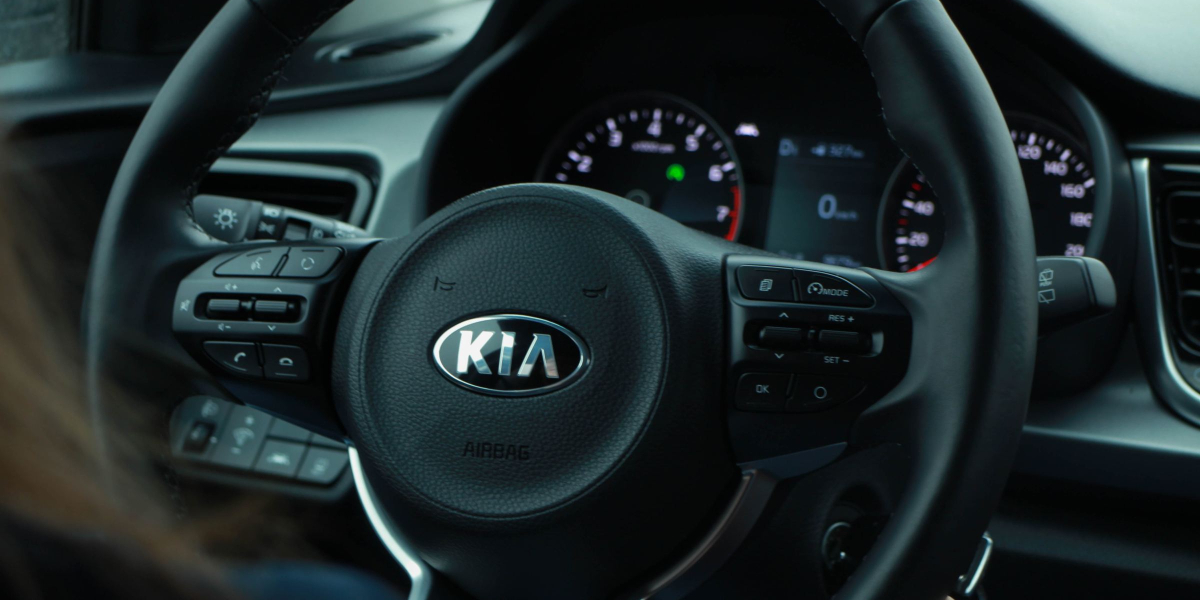A recent legal ruling has sent shockwaves through the auto industry as a judge holds Hyundai and Kia accountable for failing to include immobilizers in many of their vehicles. Immobilizers, which prevent hotwiring and theft, have become standard in most cars. This article delves into the judge’s decision, its implications for the automakers, and the wider ramifications for car owners and the industry.
Judge’s Ruling: A Turning Point
In a landmark decision, a judge has ruled that Hyundai and Kia are liable for not installing immobilizers in numerous vehicle models. Immobilizers serve as anti-theft devices, a crucial feature for safeguarding automobiles. This ruling is a significant milestone in holding car manufacturers accountable for ensuring the security of their products.
The Immobilizer Controversy
A considerable portion of the criticism aimed at Hyundai and Kia centers around their omission of immobilizers in many vehicles. Immobilizers are designed to thwart theft attempts by preventing cars from being hotwired. The absence of these devices left vehicles vulnerable, as demonstrated by TikTok videos showcasing how to steal cars without immobilizers.
The TikTok Influence
TikTok, a social media platform known for its viral trends, unwittingly became a conduit for a wave of vehicle thefts in 2021. Videos demonstrating how to steal cars without immobilizers garnered widespread attention, attracting not only car enthusiasts but also potential thieves. These videos exposed a glaring security gap in Hyundai and Kia vehicles.
Legal Requirements for Vehicle Security
Federal statutes stipulate that all vehicles must be equipped with starting systems that prevent the engine from being activated if the key is removed from the starting system. This requirement is intended to deter theft by making it nearly impossible to start a car without the proper key or fob.
Implications for Car Owners
The judge’s ruling has significant implications for car owners who purchased Hyundai and Kia vehicles without immobilizers. If this decision stands, it may open the door for compensation claims from those affected by vehicle theft due to the absence of these crucial anti-theft devices.
Consumer Rights and Accountability
Consumer rights are at the heart of this legal battle. Car manufacturers bear the responsibility of ensuring that their products meet industry safety standards, including security features like immobilizers. Failure to do so can result in legal consequences and damage to a company’s reputation.
Broader Industry Impact
Beyond the specific case against Hyundai and Kia, this lawsuit raises important questions about security standards within the auto industry. Vehicle thefts, especially those facilitated by a lack of immobilizers, undermine consumer trust and safety.
The Need for Stringent Security Measures
This case serves as a reminder of the importance of stringent security measures in modern vehicles. With technology playing an increasingly vital role in automotive design, automakers must prioritize the implementation of features that protect both the investment and the safety of their customers.
The judge’s decision to hold Hyundai and Kia liable for not including immobilizers in their vehicles marks a significant moment in the auto industry’s journey towards accountability. Immobilizers are no longer a luxury but a necessity for deterring theft and ensuring the safety of car owners.
As this legal battle unfolds, it underscores the importance of adhering to federal safety requirements and industry standards. It also serves as a reminder that companies must prioritize consumer protection and uphold their responsibilities to customers. In the end, this case will not only impact Hyundai and Kia but could also set a precedent for security standards within the entire auto industry, ultimately benefiting car owners and their peace of mind.


